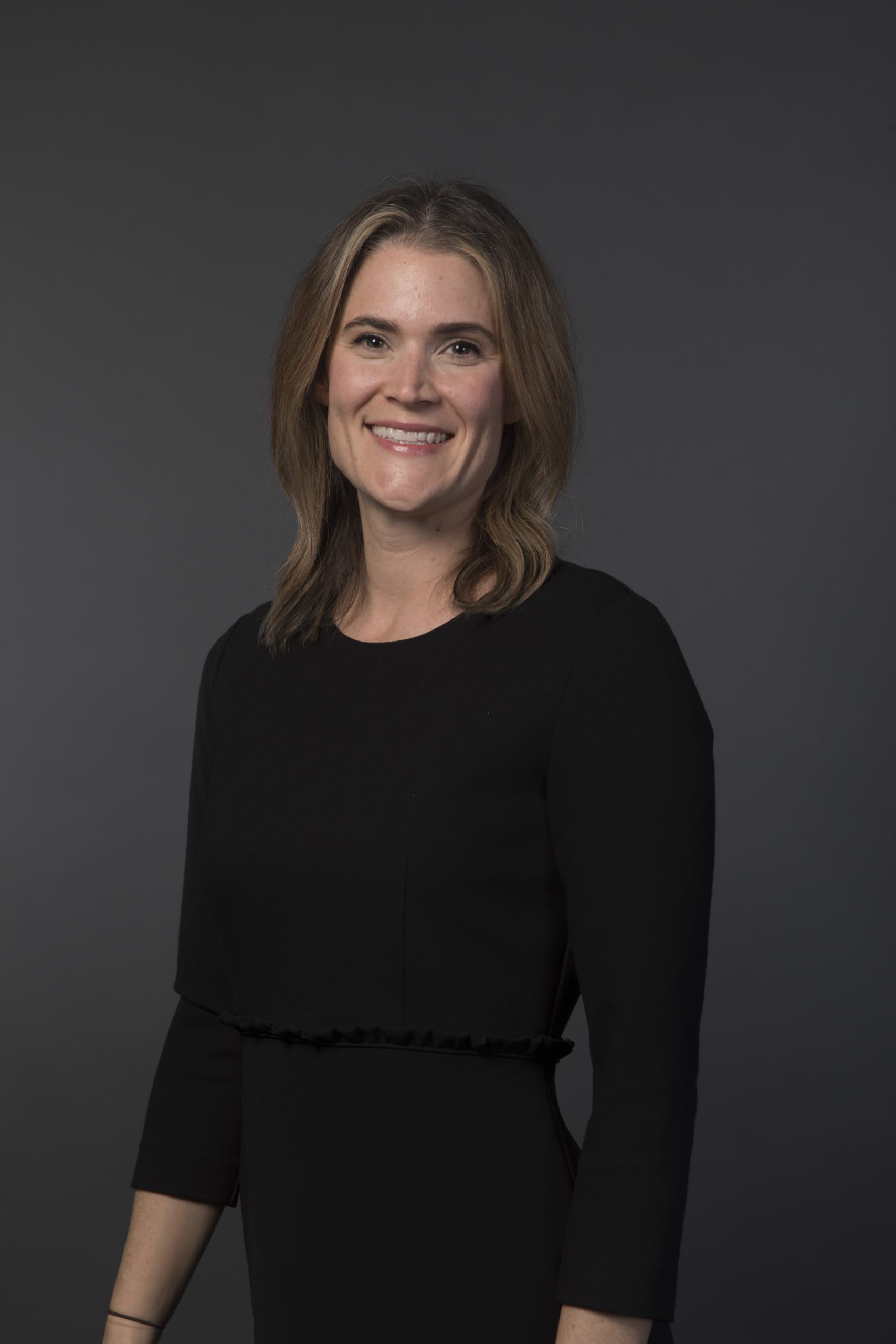2020 Magistro Grant to Fund Research in Coming Post-Stroke Gait Rehabilitation Treatments
Walking dysfunction post-stroke commonly manifests as slow, asymmetric walking. Currently, gait-training rehabilitation approaches are used independently. 2020 Magistro Family Foundation Research Grant recipient, Kristan Leech, PT, DPT, PhD, is looking at combining the two most used approaches to develop a more effective and efficient treatment option.
Stroke is a leading cause of long-term adult disability in the United States. Gait dysfunction is among the disabilities commonly reported post-stroke. Problems with walking are a common target for rehabilitation.
Currently, post-stroke gait rehab follows two treatment approaches: biofeedback-based gait training and aerobic exercise intensity-based gait training. Despite achieving complementary actions, each approach targets a different domain of gait dysfunction and is implemented in isolation.
Kristan Leech, PT, DPT, PhD, of University of Southern California, will study the two approaches used in combination. Along with her team, Leech would like to determine the feasibility and optimal use of the two interventions used together. She hopes this data will lead to developing a mechanistically motivated, novel intervention that combines feedback- and intensity-based gait training to achieve a comprehensive and effective approach to post-stroke walking rehabilitation.
Leech was awarded the $100,000 Magistro Family Foundation Research Grant (MFFRG) in 2020 to conduct this research. This grant is primarily funded by the Magistro Family Foundation Endowment Fund with additional funding provided by the Guglielmo Fund and the Legacy Research Fund.
“I am thrilled that FPTR sees potential in this work and selected it for the 2020 Magistro Family Foundation Research Grant. Support from FPTR has been a critical component to launching my research career as a PhD student, and I am very grateful to have FPTR’s continued support as an early career investigator,” said Leech.
FPTR offers different opportunities for research funding across various points of a researcher’s career. Leech has been one of many researchers that took advantage of FPTR-funding very early on in her career. As a doctoral student, Leech was awarded a Florence P. Kendall Doctoral Scholarship, a Promotion of Doctoral Studies I (PODS) Scholarship and two PODS II Scholarships. Leech has now received a cumulative amount of $142,500 in research funding.
“As a previous PODS I and II recipient, and now an MFFRG recipient, these grants have been pivotal to my development and success as a clinician scientist,” said Leech. I highly recommend physical therapist researchers seize these opportunities and apply for funding FPTR.”
Select Foundation Grants and Scholarships Awarded
KRISTAN LEECH, PT, DPT, PhD
